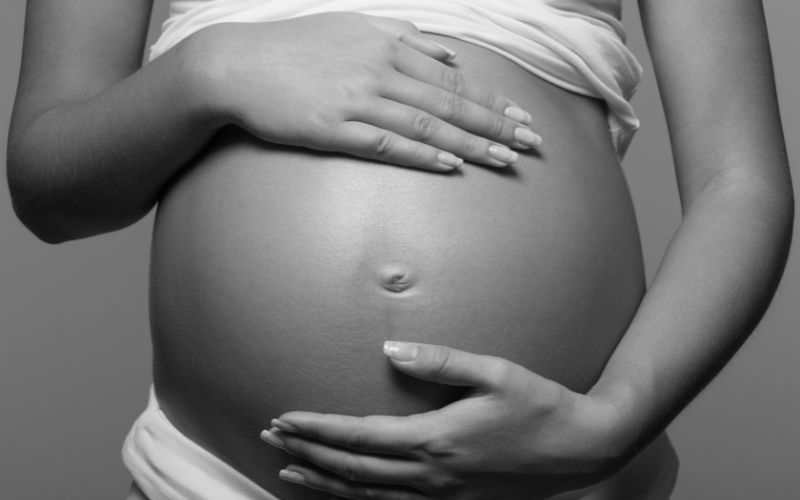
- Details
- By Elyse Wild
Jean Whitehorse's (Diné) Native name means "Many Children," but she only has one child. This spring, she spoke at the United Nations Permanent Forum on Indigenous Issues in New York to explain why.
In the 1970s, during an emergency visit to a Gallup, New Mexico, Indian Health Service facility, Whitehorse was coerced into signing consent papers for a procedure she later learned rendered her unable to have any more children.
Whitehorse, and the tens of thousands of other Native women who endured forced and coerced sterilization, could be getting justice thanks to a resolution out of the New Mexico state legislature for a truth and reconciliation commission to investigate the abuse.
From 1907 until as recently as 2018, tens of thousands of Native women underwent tubal ligation — a procedure that renders a woman unable to bear children —without their free, prior, and informed consent. By the 1970s, between 25 and 50 percent of Native women of childbearing age in the United States were sterilized, mainly by the IHS. A large volume of the procedures was performed at IHS facilities in four service areas, including Albuquerque.
The abuse was first made public with a 1976 report by the U.S. Government Accountability Office, but the story remains incomplete. The report only accounted for IHS medical records from 1972-1975 and included just four of 12 IHS service areas.
Yesterday, the New Mexico Legislature's Indian Affairs Committee heard testimony and reviewed a joint memorial calling for a truth and reconciliation committee to study the history, scope and ongoing impacts of the forced sterilization; the creation of a memorial honoring victims; and the creation of a statewide Native-led reproductive justice pilot program. If passed, the resolution would make New Mexico the first state in the nation to formally acknowledge the reproductive abuse wrought on Native women by the federal government.
The memorial would direct the Legislative Health and Human Services Committee, with the Indian Affairs Department, to present findings and recommendations to the Legislature by the end of 2027.
The resolution will be introduced to the state legislature by Shannon Pinto (Diné), D-Tohatchi, and Linda Lopez, (D-Albuquerque) during the upcoming 2026 legislative session.
More Stories Like This
New Mexico Will Investigate Forced Sterilization of Native American WomenUSDA Expands Aid for Lost Farming Revenue Due to 2025 Policies
Two Feathers Native American Family Services Wins 2026 Irvine Leadership Award
Bill Would Give Federal Marshals Authority to Help Tribes Find Missing Children
Indian Health Service to Phase Out Mercury-Containing Dental Amalgam by 2027


